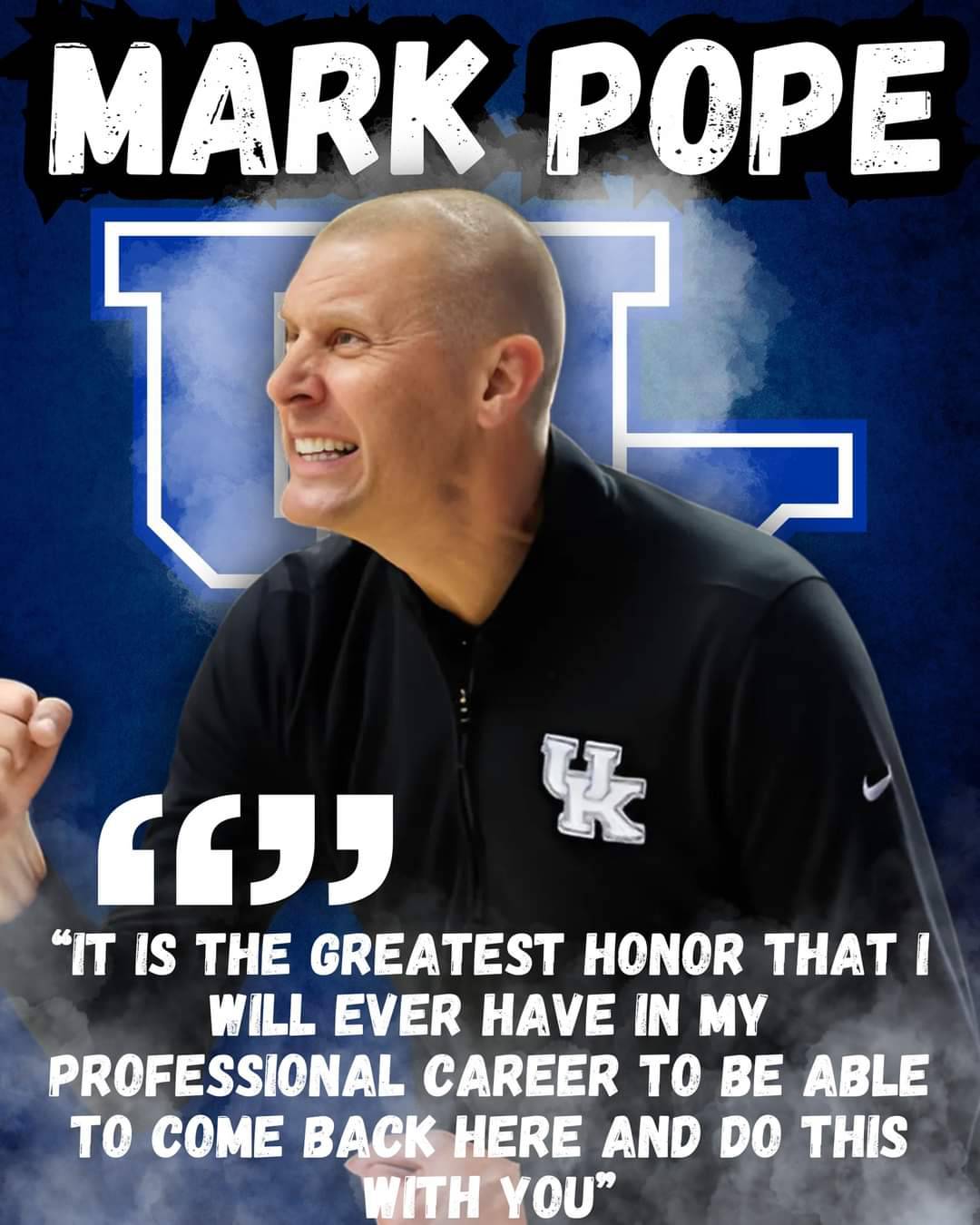John Calipari, one of the most successful and iconic head coaches in Kentucky Wildcats basketball history, recently opened up about the challenges and disappointments that influenced his decision to part ways with the program. Known for his charisma, recruiting prowess, and tactical acumen, Calipari’s departure from Kentucky marked the end of an era. Now, he’s shedding light on the behind-the-scenes struggles that contributed to his exit.
Calipari took the helm at Kentucky in 2009, quickly restoring the Wildcats to national prominence. Over his tenure, he led the team to a national championship in 2012, numerous Final Four appearances, and several SEC titles. Under his leadership, Kentucky became synonymous with “one-and-done” success, producing a long list of NBA stars such as Anthony Davis, Devin Booker, and Karl-Anthony Towns.
Despite the accolades, the latter years of Calipari’s tenure were marked by mounting pressure, lofty expectations, and an increasingly competitive college basketball landscape.
In a recent interview, Calipari candidly discussed the factors that led to his departure. Among the most significant were the team’s struggles to meet fan and program expectations in recent seasons.
“It wasn’t for a lack of effort or belief in the program,” Calipari explained. “We worked tirelessly to bring in the best talent and prepare our guys for success. But sometimes, the outcomes didn’t reflect the work we put in, and that’s frustrating for everyone involved—players, staff, and fans.”
The Wildcats experienced a few underwhelming seasons toward the end of Calipari’s tenure, including an uncharacteristic absence from the NCAA Tournament and early exits in postseason play. For a program with Kentucky’s storied history, these setbacks amplified scrutiny and criticism.
Calipari also spoke about the immense pressure that comes with coaching at Kentucky, a program where every game is dissected, and every decision is debated.
“Kentucky is a place where winning isn’t just expected—it’s demanded,” he said. “And when you fall short, even by a little, it feels like the weight of the world is on your shoulders. That’s part of what makes Kentucky special, but it’s also incredibly challenging.”
Calipari acknowledged that the passionate fanbase, while a source of inspiration, also adds to the intensity. “The fans deserve success, and they let you know when they’re not happy. I wouldn’t have wanted it any other way, but it does wear on you over time.”
Another factor Calipari highlighted was the evolving recruiting landscape. With the rise of NIL (Name, Image, and Likeness) deals and the transfer portal, college basketball has seen significant shifts in how programs attract and retain talent.
“Recruiting has always been the lifeblood of Kentucky basketball, but the game has changed,” Calipari said. “Keeping up with the new dynamics while maintaining the integrity of the program was a challenge. It’s a different world now.”
While Calipari’s departure was a bittersweet moment for both him and the Kentucky faithful, he expressed no regrets about his time with the Wildcats. “Kentucky will always have a special place in my heart. The memories, the championships, and the relationships I built—I wouldn’t trade any of it,” he said.
Looking ahead, Calipari remains a prominent figure in the basketball world, with rumors swirling about his potential return to coaching in the NBA or college ranks. Meanwhile, Kentucky is embarking on a new chapter under its current leadership, striving to uphold the high standards that Calipari helped establish.
John Calipari’s tenure at Kentucky will be remembered as one of the most impactful eras in the program’s history. Though his time ended on a note of disappointment, his contributions to the Wildcats’ legacy and college basketball as a whole remain unparalleled.
As Kentucky fans reflect on his impact, one thing is clear: Calipari’s influence on the program, and the game itself, will be felt for generations to come.




